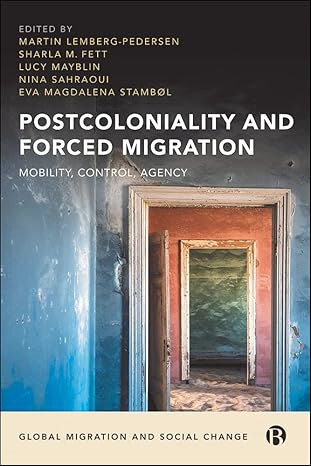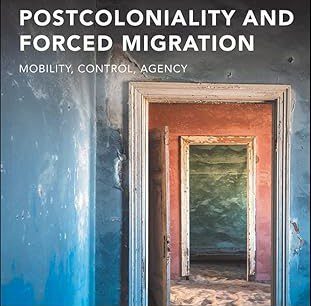Dr. Fratantuono Wins SERMEISS 2024 Award


Congratulations to Dr. Ella Fratantuono who won the SERMEISS 2024 Award for her book chapter: “Colonization, Territorialization, and Displacement in Ottoman Migration Policy, 1856-1918.”
Abstract: This chapter considers the themes of expulsion and colonization within the Ottoman immigration story. The Ottoman Empire does not figure prominently in histories of empire and colonization, yet it offers a specific context to pose questions about forced migrants as tools in empire-building. The empire’s tenuous sovereignty in the 19th and early 20th centuries influenced patterns of inclusion and exclusion and affected how the state used migrants in its state-building efforts over time. The chapter concludes by considering what, if anything, is relevant in the Ottoman colonization story to Turkey’s treatment of Syrian refugees in the 21st century. In keeping with the insights of this volume, the chapter suggests that historicizing the present reveals patterns of exclusion, assimilation, and expulsion across regimes and through time.
This chapter appears in: Postcoloniality and Forced Migration: Migration Management, Surveillance and Agency, edited by Martin Lemberg-Pedersen, Sharla M. Fett, Lucy Mayblin, Nina Sahraoui, and Eva Magdalena Stambol, 46-60. Bristol: Bristol University Press, 2022.

Postcoloniality and Forced Migration: Migration Management, Surveillance and Agency
This powerful book explicates the many ways in which colonial encounters continue to shape forced migration, ever evolving with times and various geographical contexts. Bringing historians, political scientists, sociologists, anthropologists and criminologists together, the book presents examples of forced migration events and politics ranging from the 18th century to the practices and geopolitics of the present day. These case studies, covering Europe, Africa, North America, Asia and South America, are then put in dialogue with each other to propose new theoretical and real-world agendas for the field. As the pervasive legacies of colonialism continue to shape global politics, this unprecedented book moves beyond critique, ahistoricity and Eurocentrism in refugee and forced migration studies and establishes postcoloniality and forced migration as an important field of migration research.This powerful book explicates the many ways in which colonial encounters continue to shape forced migration, ever evolving with times and various geographical contexts. Bringing historians, political scientists, sociologists, anthropologists and criminologists together, the book presents examples of forced migration events and politics ranging from the 18th century to the practices and geopolitics of the present day. These case studies, covering Europe, Africa, North America, Asia and South America, are then put in dialogue with each other to propose new theoretical and real-world agendas for the field. As the pervasive legacies of colonialism continue to shape global politics, this unprecedented book moves beyond critique, ahistoricity and Eurocentrism in refugee and forced migration studies and establishes postcoloniality and forced migration as an important field of migration research.